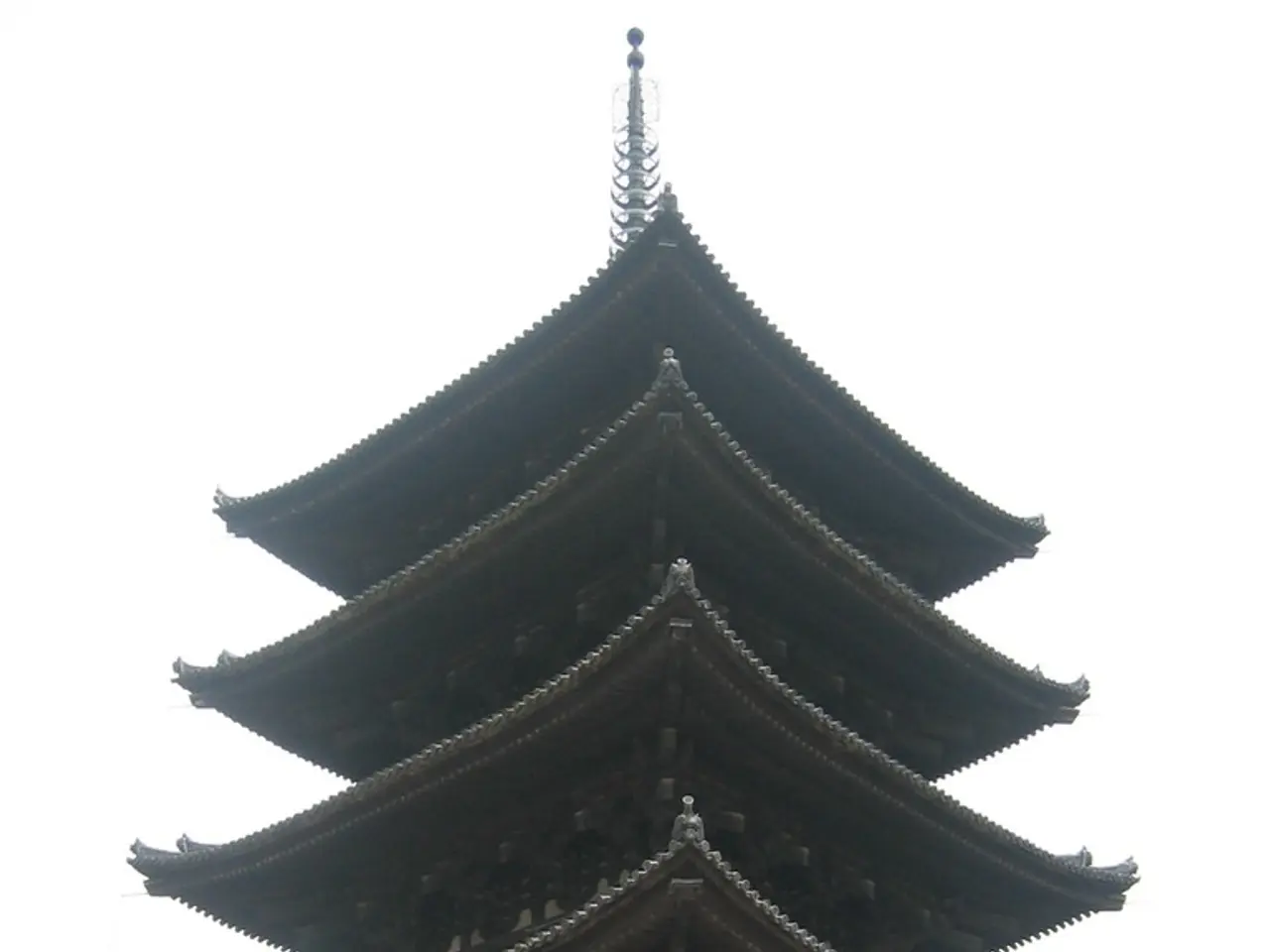India's Prime Minister Modi and China's President Xi commit to mending diplomatic relations amidst escalating US trade hostilities.
In a significant development, Indian Prime Minister Narendra Modi met with Chinese President Xi Jinping in the port city of Tianjin, marking his first visit to China in seven years. The meeting, held on the sidelines of the Shanghai Co-operation Organisation (SCO) summit, was the first encounter between the two leaders since Donald Trump returned to power.
The discussions between the two leaders focused on a variety of topics, including trade, border issues, and global governance. The US has imposed tariffs of 50 per cent on Indian goods, a punishment for New Delhi's continued purchases of Russian oil, which Washington claims helps fund Moscow's war in Ukraine. However, during the meeting, Mr Modi announced the resumption of direct flights between India and China, a move aimed at boosting bilateral ties.
The long-running trade deficit between China and India reached a record $99.2 billion this year. In a bid to address this imbalance, the leaders agreed to expand bilateral trade and investment ties. China had also agreed to lift export curbs on rare earths, fertilisers, and tunnel boring machines this month.
The Tianjin gathering is highlighting Xi's vision for global governance. The meeting, which is the largest in the Shanghai Co-operation Organisation's history, includes political leaders from Russia, India, Pakistan, Iran, and other countries from Central, South, and South-East Asia and the Middle East. Notably, this is the first time in years that India, Pakistan, Iran, and Russia are expected to be at the same table.
India and Pakistan joined the SCO in 2017, Iran in 2023, and Belarus in 2024, marking their first participation at this scale in years. According to a Bloomberg report, ties in the past year have stabilised after soldiers pulled back from friction points on the border.
Chinese President Xi Jinping and Indian Prime Minister Narendra Modi also pledged deeper co-operation as they deal with the economic fallout from the US trade war. Xi urged Modi not to let border issues define their relationship, emphasising the importance of maintaining a positive and constructive dialogue between the two nations.
According to Manoj Kewalramani, a Sino-Indian relations expert, India and China are engaged in a lengthy and fraught process of defining a new equilibrium in their relationship. The Tianjin meeting is a step towards fostering a more harmonious and balanced relationship between the two Asian giants.
Read also:
- Impact of Alcohol on the Human Body: Nine Aspects of Health Alteration Due to Alcohol Consumption
- Understanding the Concept of Obesity
- Lu Shiow-yen's Challenging Position as Chair of the Chinese Nationalist Party (KMT) Under Scrutiny in Donovan's Analysis
- Tough choices on August 13, 2025 for those born under Aquarius? Consider the advantages and disadvantages to gain guidance








